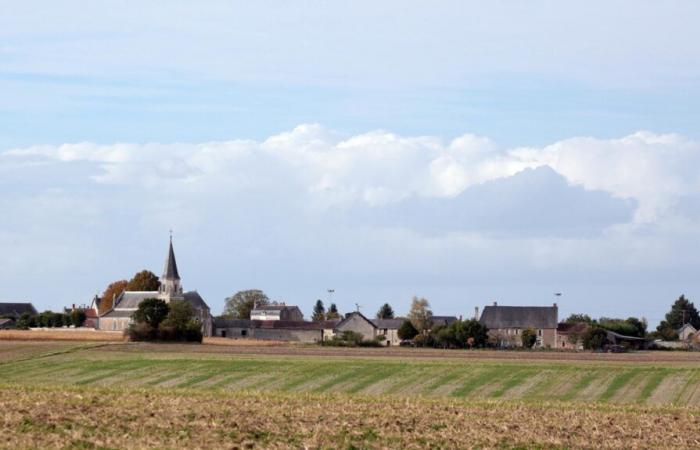
“We count the money every day. » Marc De Becdelièvre can attest to this. Managing the budget of a small town is no easy task. Like many mayors, each year he must try to meet the needs of his constituents with the resources allocated to him. Not without difficulties.
Mayor of Boussay, his town of 237 inhabitants has a budget of around €280,000. Of which “a big part” part in the maintenance of the 30 km of roads in its territory, and another, always increasing, finances the employment of municipal staff. Or half of the operating budget.
“Do as much, or even better, with less”
Like all municipalities, Boussay relies on two sources of income: state grants and local taxes. But over the years, the share of local taxes has decreased. The reduction and then elimination of the housing tax on main residences in 2023 took away the last lever that municipalities had left to adjust their budget. The tax rate was set individually by each municipality. “We only live on endowments, and no longer on resources”breathes Marc De Becdelièvre.
This deletion? “A bullshit”proclaimed Wednesday, November 6, 2024 Michel Fournier, national president of the Association of Rural Mayors during the general assembly of the Indre-et-Loire branch in Saint-Quentin-sur-Indrois. “It disconnected us from our constituents”assures the mayor of Voivres (Vosges), who pleads for the creation of a new local tax linked to the surface area of the municipalities.
Michel Fournier, national president of the Association of Rural Mayors, during the general assembly of the Indre-et-Loire branch, in Saint-Quentin-sur-Indrois, Wednesday November 6, 2024.
© Photo NR, Thomas Roche-Bayard
“We almost no longer have control over the finances of our municipalitiesalerts Jérôme Field, president of the AMR in Indre-et-Loire, and mayor of La Roche-Clermault. Today, we are reduced to begging for money from the State. »
Drop in allocations
And the State, for its part, plans to tighten its belt. The draft budget presented by the government at the beginning of October notably envisages a reduction of 800 million euros in the envelope allocated to the Compensation Fund for Value Added Tax (FCTVA).
Thanks to this fund, the State reimburses municipalities for part of the VAT paid by them during their investment expenditure. A “planing” lived like a “additional difficulty”declares Jérôme Field.
And projects are not always easy to implement. Olivier Flaman, mayor of Genillé, is still waiting for the heating to be renovated in his town's village hall. Launched two years ago, the file was slowed down by multiple administrative procedures and the bill increased by inflation.
“This kind of multi-year management is complicated for a small town like us”explains the mayor. He judges the financial activity of a municipality, which operates year-round, to be difficult to reconcile with long-term projects.
“Enormous stress”
Some communities are struggling to make ends meet. “When a municipality has no reserves, few state grants, not many residents, it’s very complicated”breathes Jérôme Field.
Local elected officials must, however, succeed in releasing a small savings, called “self-financing capacity” (Caf). It should make it possible to finance municipal projects without resorting to borrowing.
Jérôme Field testifies to the “tremendous stress” which can weigh on certain elected officials to pay the last bills. “At the end of the year, we have colleagues who cannot balance the operating budget”reports Jérôme Field. But he likes to repeat it: he believes rural mayors capable of “do as much, or even better, with less”.





